(find better relief)
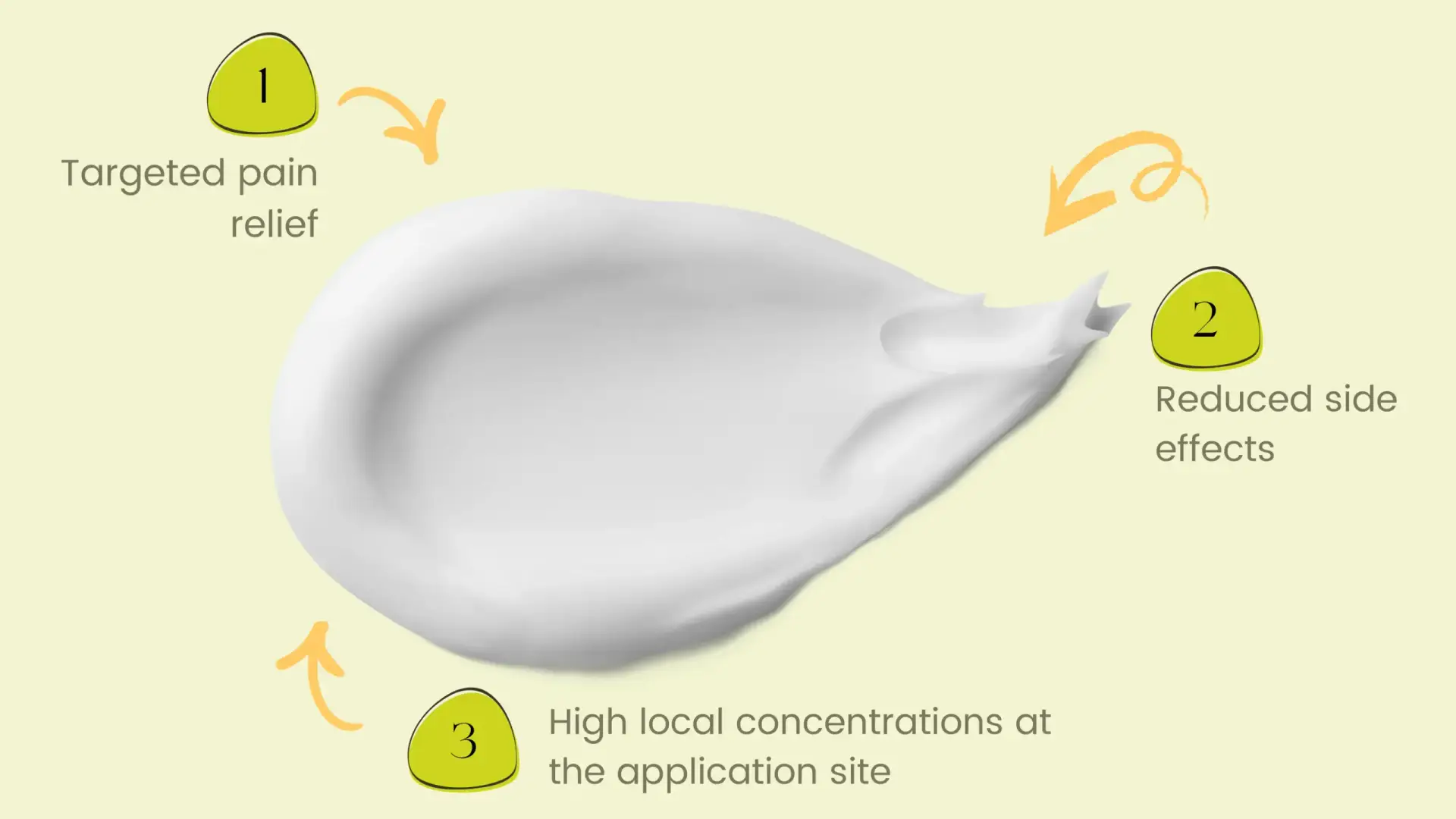
Pain is our body’s way of signaling that something is wrong. It is a common symptom of many illnesses and injuries and acts as a deterrent for certain behaviors that might exacerbate the issue.
However, continuous pain becomes unnecessary after we understand the underlying problem. For example, if we have a broken arm, we no longer need to feel pain once we receive the proper treatment.
Pain management helps patients comfortably heal while recovering from injury or illness.
Custom topical gels and creams deliver medication (such as lidocaine, diclofenac, or ketamine) directly to painful areas.
This application method reduces systemic side effects and targets nerve and muscle pain more precisely.
Commercial pain creams can include common irritants, such as alcohol, preservatives, and penetration enhancers (like propylene glycol).
Compounding removes these ingredients, significantly decreasing the likelihood that patients may experience irritation.
Yes.
Soothing suppositories or wipes blend lidocaine, phenylephrine (to shrink swelling), and aloe vera.
We prepare pain medications as flavored liquids, buccal films (absorbed in the cheek), or rectal suppositories.
Yes.
LDN (0.5-4.5mg capsules) may reduce inflammation and pain signals in central sensitivity syndromes.
Treatments such as surgery or chemotherapy can cause pain while addressing severe and debilitating illnesses. Although these treatments are essential for tackling the underlying disease or injury, the pain they cause can significantly impact a patient’s quality of life.
Pain management can help reduce the side effects during the process. This is essential because uncontrolled pain prevents patients from working productively and enjoying recreation even when the underlying disease process is stable.
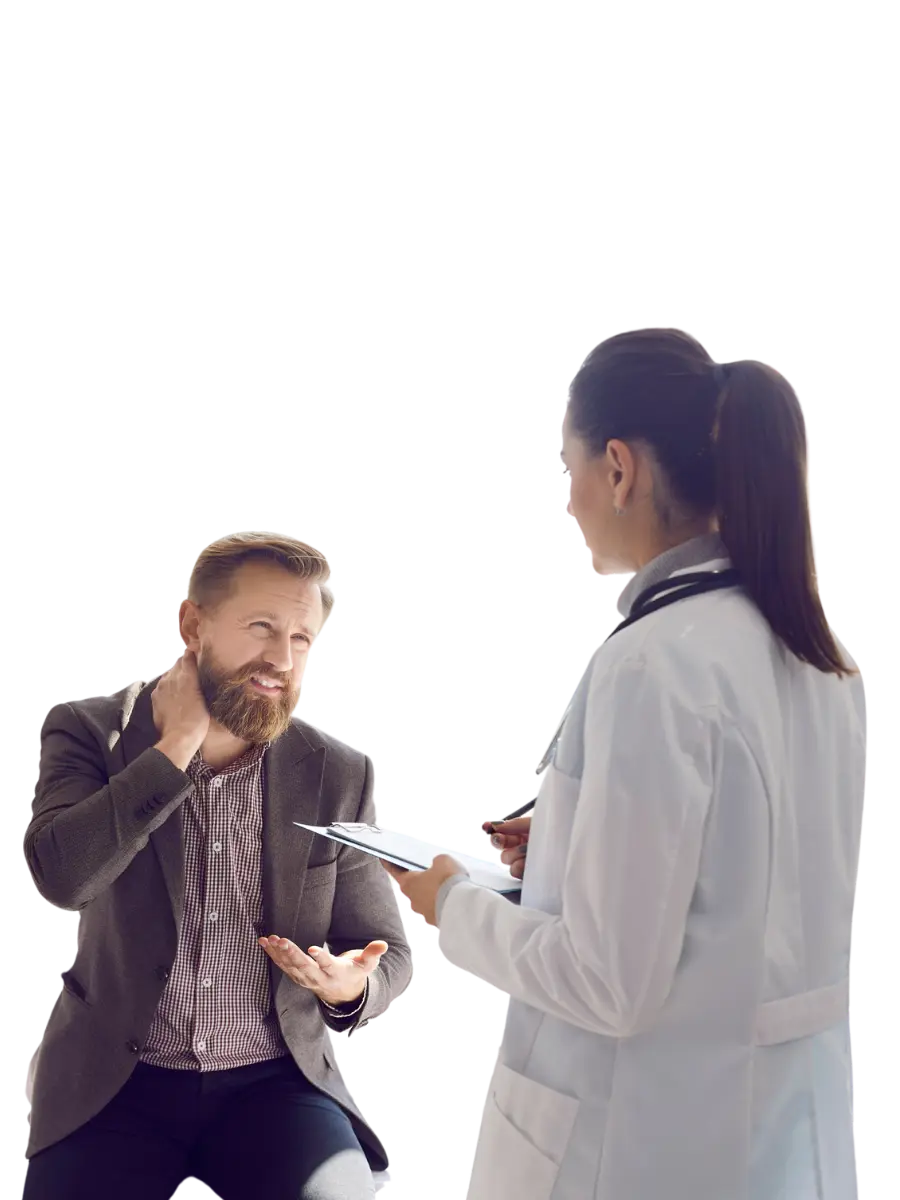
Acute pain is characterized by a sudden and sharp onset, often resulting from injury or bodily harm. Situations like surgery and dental work, although intended to address more significant issues, can also cause acute pain.
Fortunately, acute pain is typically short-lived, lasting less than 12 weeks (3 months). Once the pain subsides, patients can generally return to their usual activities, allowing for a swift recovery.

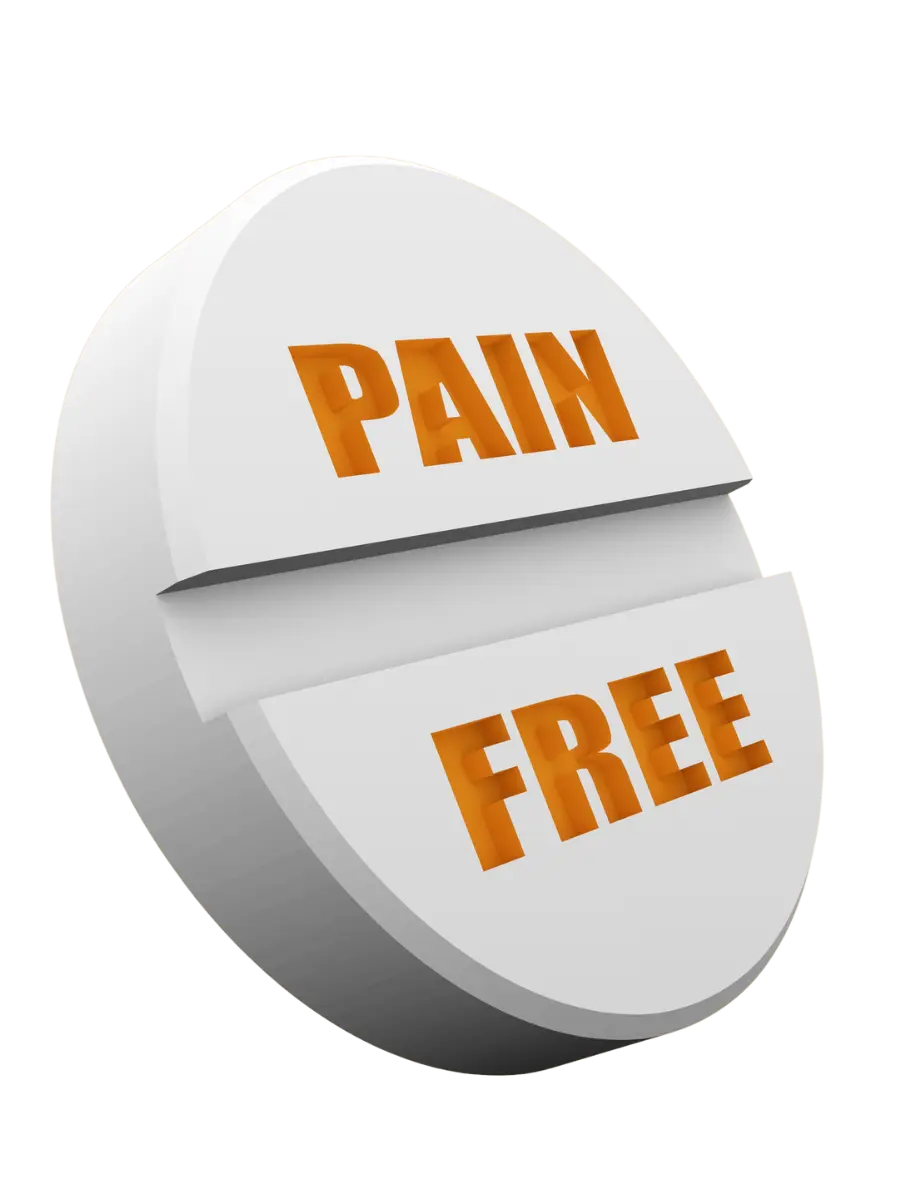

Nonsteroidal anti-inflammatory drugs (NSAIDs) are widely used to relieve pain, reduce inflammation, and lower fevers. They are commonly available over the counter and include popular options like ibuprofen, naproxen, and high-dose aspirin.
While useful, oral NSAIDs may cause side effects such as indigestion, stomach aches, and even stomach ulcers. Prolonged use or higher doses increase the risk of these side effects.
To address these issues, we compound NSAIDs with other medications to treat various conditions, including autoimmune disorders, high blood pressure, and depression.
Additionally, we can formulate NSAIDs into transdermal creams, allowing for a more targeted approach to pain relief and bypassing many of the gastrointestinal side effects associated with oral NSAIDs.
This method enhances patient comfort and compliance while providing effective pain management.
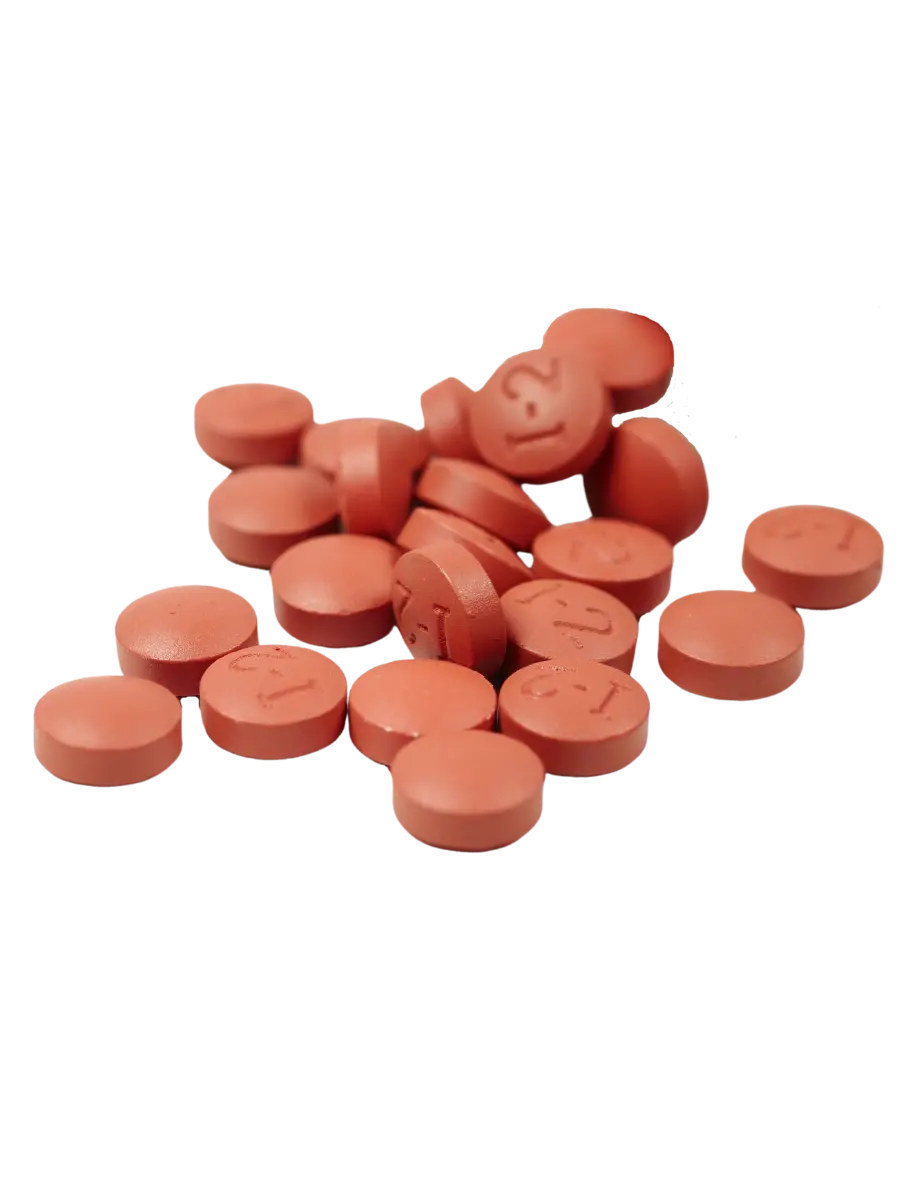
Learn More About Ketamine for Pain
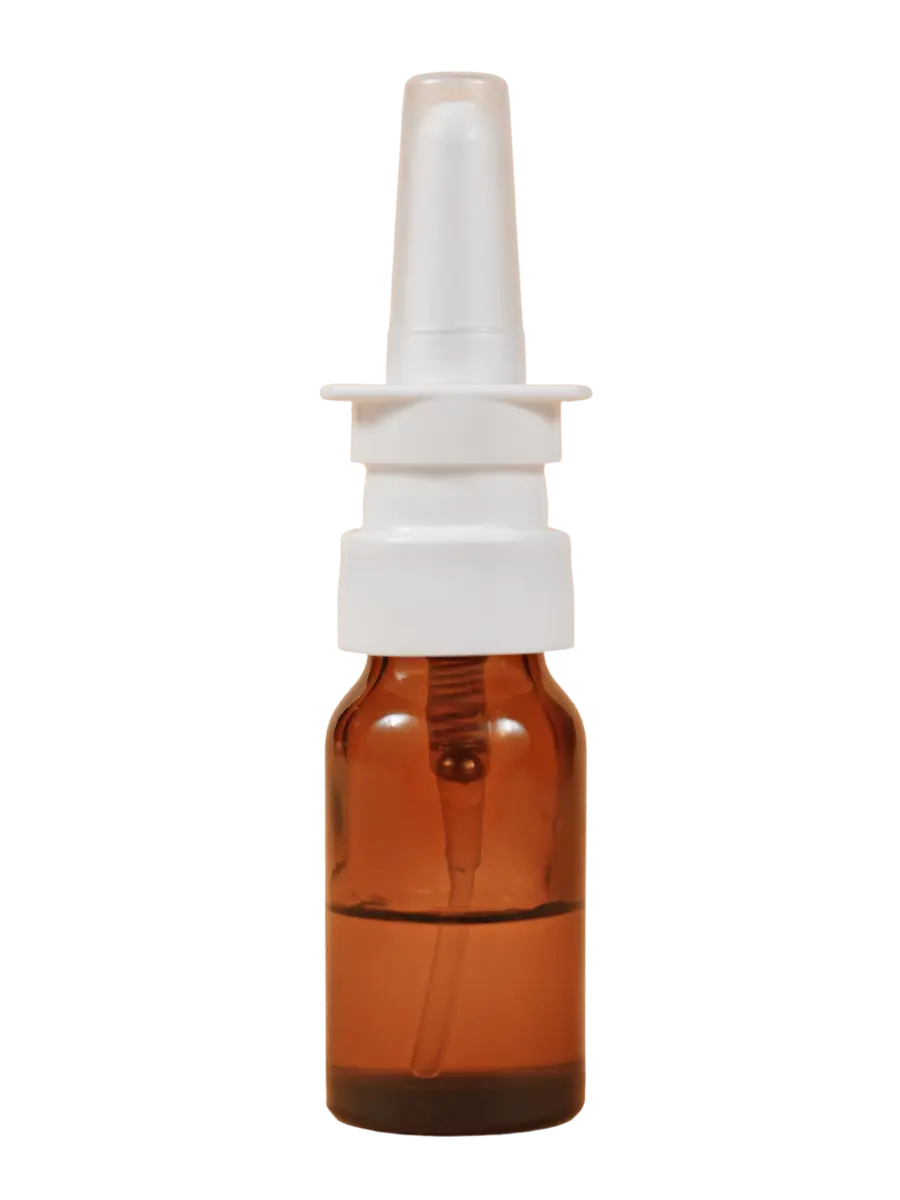
Naltrexone was initially approved to treat disorders such as alcoholism and opioid addiction. Its primary function in the body is to block opioid receptors.
At lower doses, naltrexone has shown promise in managing pain. Low dose naltrexone (LDN) has carved out a niche as a non-addictive alternative to opioids. By blocking opioid receptors, LDN helps alleviate pain without the risk of addiction.
LDN works by inhibiting glial cells, which reduces inflammation and subsequently mitigates pain. While commercially available naltrexone is typically in 50 mg doses, compounding pharmacies customize LDN into lower doses tailored to individual patient needs.
Learn More About LDN for Pain
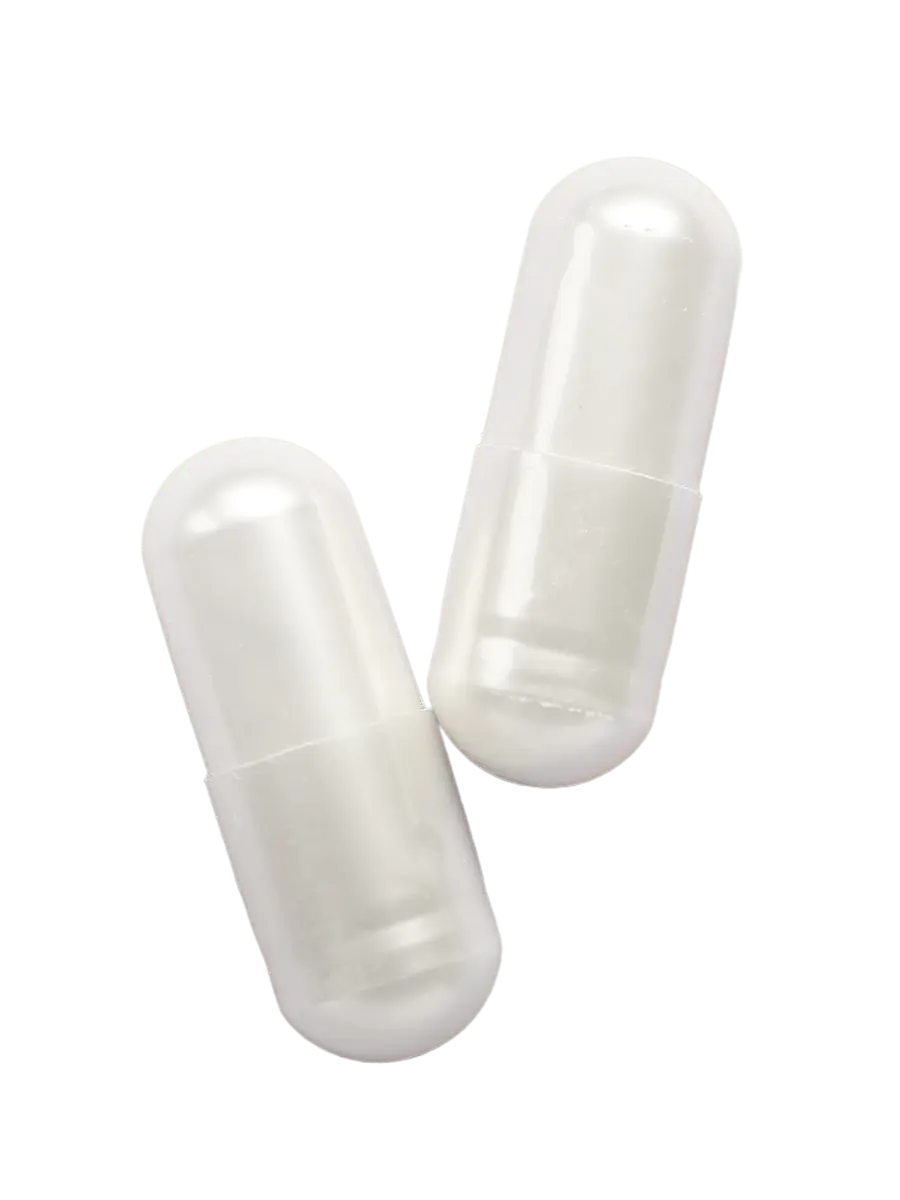
Lidocaine and prilocaine are commonly used as local anesthetics in creams and topical gels applied to the skin.
These drugs work by numbing the nerve endings in the area where they are applied, making them ideal for procedures like injections or wart removal.
While generally safe, a lidocaine and prilocaine topical cream may cause minor side effects such as redness, a burning sensation, or swelling at the application site.
If these side effects persist or worsen, discontinue use and consult your doctor or pharmacist for guidance.
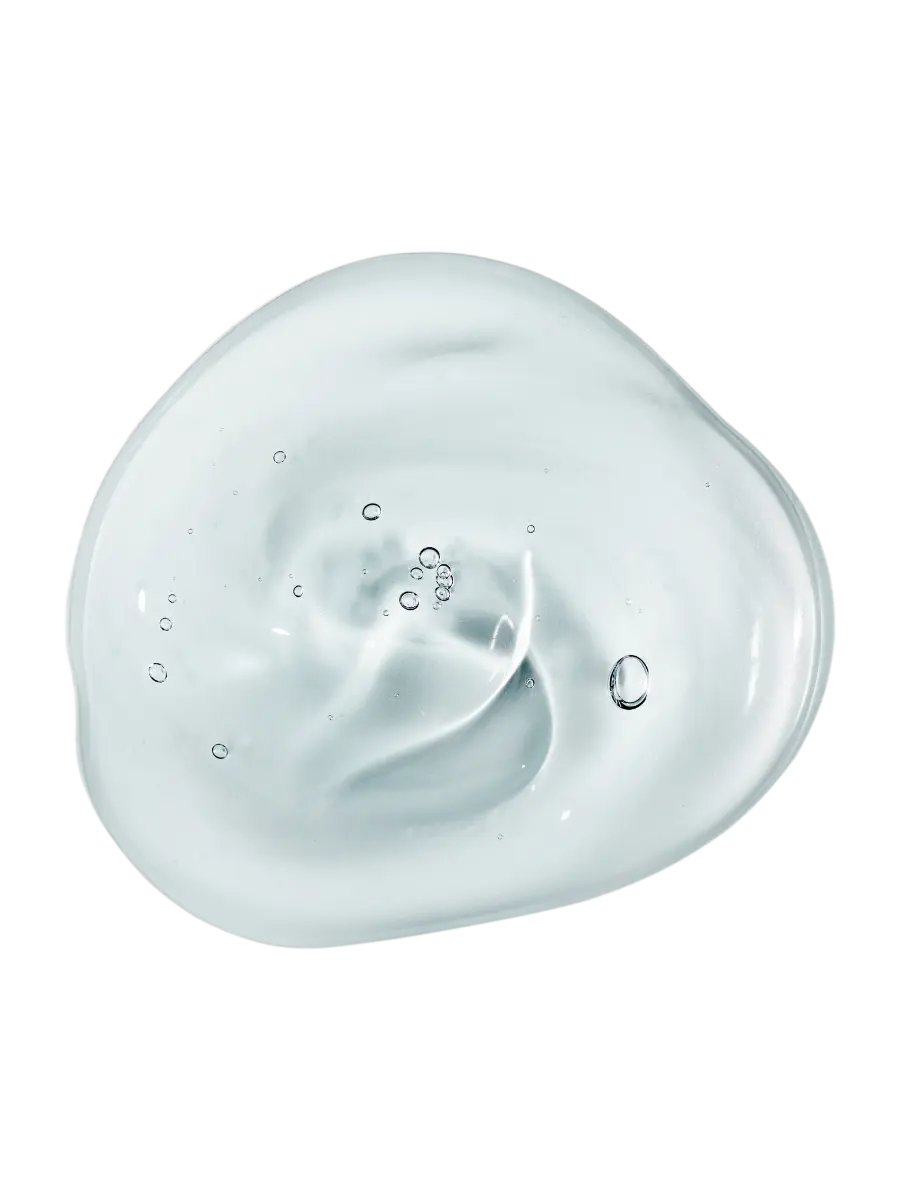
Pain can be a tricky symptom to address. Disorders such as Complex Regional Pain Syndrome (CRPS) can be hard to pin down. Our compounding pharmacy gives you a gamut of resources in order to find the best possible solution.
Our pharmacist, Rachel Burns, talks more about how compounding pharmacies are especially equipped to handle pain symptoms:

Your pharmacist is an excellent resource for pain management. We work with your doctor to ensure your plan and strategy are tailored to your needs.
ClearSpring Pharmacy can provide traditional prescriptions as well as compounded medications. This means we can develop the drug you need in the form you’d like.
Whether it needs to be applied transdermally, orally ingested, or even in a suppository.
The holidays bring us joy, but they also bring us more prescriptions to fill and ship. Our pharmacy continues to work diligently, but an increase in demand may result in slightly longer processing times.
Please consider doing the following:
Thank you,
ClearSpring Team